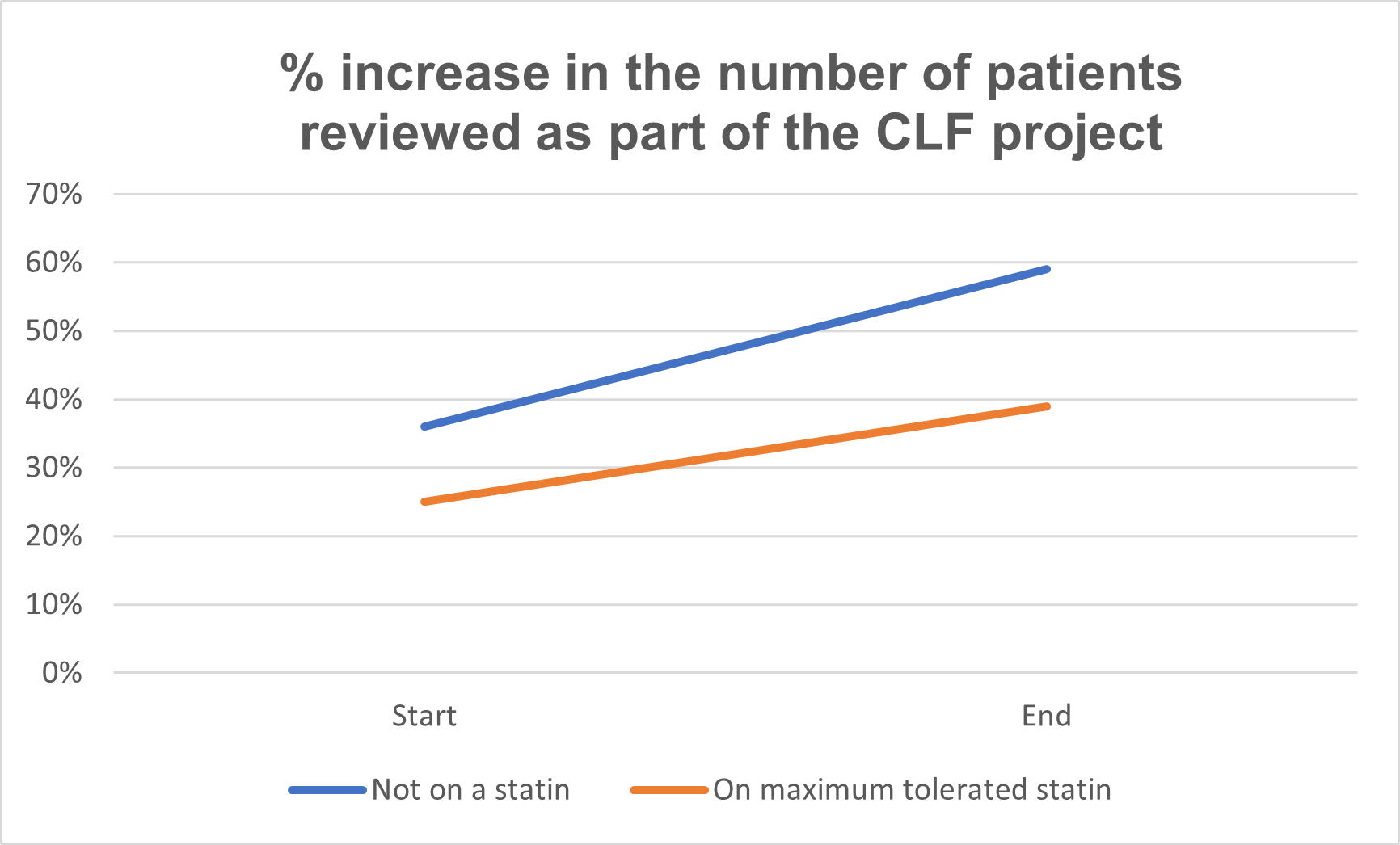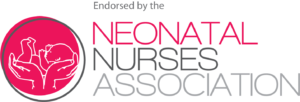From November 2022 to March 2025, the PreCiSSIon programme successfully supported five acute maternity units in the West of England to achieve a 25% reduction in surgical site infection (SSI) rates following caesarean births by testing and reliably implementing evidence-based interventions at the time of surgery.
As most SSIs occur after patient discharge from hospital, digital SSI surveillance was established at 30 days using the standard UKHSA questionnaire in all trusts. The programme partnered with Cemplicity to digitalise and validate the questionnaire, which also collected mothers feedback, ethnicity and health inequality data. A blueprint has been created for spread to other trusts and other types of surgery.
Once surveillance was established a PreCiSSIon bundle was implemented. This complements the existing World Health Organisation (WHO) SSI bundle, already reliably in use in the five trusts to reduce infections. This consists of:
- antibiotics within an hour of skin incision
- maintenance of patients’ temperature
- glucose control in diabetics
- shaving with clippers if required.
The PreCiSSIon bundle contains further evidenced-based, non-costly interventions:
- Skin preparation with 2% chlorhexidine, allowing two minutes drying time
- Abdominal wall sheath and skin closure with antimicrobial triclosan coated sutures
- Use of a wound protector for mothers with a body mass index (BMI) over 40 at time of booking
- Repeat dose of antibiotics if more than 1500ml blood loss.
The programme collected information on over 9,300 women and enabled quantification of specific risk factors, and the ability to add further interventions specifically targeted to the higher risk mothers.
The programme resulted in reduced SSI rates in all five trusts with reduced inter-trust variation. This has improved outcomes for mothers and resulted in financial and sustainability cost savings.
The challenge
Surgical site infection (SSI) is a wound infection following an invasive surgical procedure. SSIs are the third commonest healthcare associated infection (HCAI), accounting for 14.5% of all HCAI in the UK, with increased associated costs of up to 226%.
Caesarean birth is the commonest abdominal surgical procedure, with rates increasing globally and in the UK from 29% to 40% over the last 10 years, resulting in around ¼ million women having a caesarean in 2023/24.
SSIs can have a huge impact on the recovery of mothers after caesarean birth, causing pain and immobility, decreasing their ability to look after their child/ren, as well as occasionally requiring readmission and further surgery. The need for antibiotics can affect breastfeeding and bonding with their newborn. In addition, scarring following infection can increase complications of any future caesareans, often required in subsequent pregnancies. Increasing use of antibiotics is also a national issue in terms of antimicrobial resistance and considered a ‘major public health concern’. Preventing infection will result in decrease in antimicrobial use, supporting measures to improve antimicrobial stewardship.
However, as there is no national mandate for SSI surveillance, most hospitals are unaware of their caesarean SSI rates. In addition, most SSI occur between seven and 14 days after surgery and mothers only spend one or two days in hospital, so SSIs occur in the community, and the full impact is not seen without recording post discharge surveillance.
SSI rates of up to 20% have been reported, with local spot audits indicating SSI rates of up to 18%. A rate of 18% nationally would equate to over 40,000 women having an SSI across the UK. Health Innovation West of England identified the need for continuous 30-day surveillance, which would enable a collaborative preventative improvement programme.
Our approach
Health Innovation West of England developed and led the implementation of PreCiSSIon, supporting five maternity units to introduce the care bundle, using the IHI collaborative approach, underpinned by quality improvement (QI) methodology and coaching.
The national UKHSA questionnaire collecting 30-day patient reported measures is a validated standard measure for SSI. Due to the numbers of mothers having a caesarean birth it is challenging for trusts to collect 30-day infection rates without a digital solution. Health Innovation West of England partnered with Cemplicity to digitise the standard UKHSA tool, gradually introducing the digital solution over three months. This enabled trusts to send mothers a digital questionnaire, making it easier to provide feedback following surgery.
Cemplicity is used globally to capture, measure, and improve patient reported experience (PREMs) and outcome measures (PROMs). The system developed for PreCiSSIon delivered the questionnaire to patients 30 days post caesarean birth and was integrated with electronic health records. This required collaborative meetings between clinical, business intelligence and IT teams across five hospitals, coordinated by Health Innovation West of England, who provided support to complete information governance agreements.
Once surveillance was established and at least four months baseline SSI rates collected, each trust implemented the bundle. Regular meetings were held to share learning and support. Health Innovation West of England project leads met with trust leadership teams, increasing visibility and prioritisation of the work.
Health Innovation West of England supported ongoing data analysis, identifying risk factors so that specific interventions could be targeted and tracked.
The data showed that women with a higher BMI at booking have an increased risk of SSI, and so a specific dressing intervention was able to be tested in this group and its effect tracked due to the robust SSI monitoring.
Impacts to date
“Working on this project is an excellent opportunity to learn more about the multidisciplinary team’s role in introducing and sustaining change. Using Cemplicity has enabled us to gather previously unseen data on the clinical iceberg that is post-caesarean wound infections and shine a light on the morbidity they cause. The rich information gathered has been enormously motivating to the team.”
Obstetric Lead
SSI surveillance was successfully established across the West of England from November 2022 to March 2025, allowing analysis of data from over 9,300 women.
Across the region, SSI rates following caesarean births fell from a baseline of 18.5% to 13.3% by March 2025.
The reduction in SSI can be equated to preventing 364 mothers from developing an SSI, the unpleasant side effects associated, and requiring antibiotics. This represents an estimated cost saving to the NHS of up to £1.3 million and supports antimicrobial stewardship and sustainability savings from dressing and care visits.
PreCiSSIon has been presented at the SSI Network in London, infection control conferences in Northumberland and Amsterdam and a specific webinar to over 100 people in 2024, as well as poster presentations at the Royal College of Obstetricians and Gynaecologists World Congress 2025.
PreCiSSIon leads have collaborated with a health economist and submitted a cost evaluation paper to the International Journal of Infection Control and are currently finalising a paper on the SSI surveillance and risk factor analysis and another on the preventative programme.
PReCiSSIon received a Bronze Award at the HSJ Partnership Awards in 2024 for the collaborative work with Cemplicity and was also a finalist in the HSJ Digital Awards 2025 in the Driving Change through Data and Analytics category. It has been shortlisted for the HSJ Awards 2025 in two categories: Data-driven Transformation and Patient Safety.
“It’s great to see how the PreCiSSIon programme is really making a positive impact. We’ve loved being part of this programme, helping to reduce SSIs after caesarean births and support safer experiences for mothers and families.”
Josh Farrell-Evans, Senior Account Manager, Cemplicity
Patient and Public Involvement and Engagement
The PreCiSSIon team collaborated with the local Maternity & Neonatal Voices Partnership to create the digital questionnaire, resulting in the addition of a specific ethnicity question. Ethnicity was also included in the data extract from hospital systems, and analysis showed that this information is poorly collected within hospital systems and was much more robust in the questionnaire responses.
The PreCiSSIon teams also collaborated with mothers and the Maternity & Neonatal Voices Partnership to develop a wound information leaflet before the PreCiSSIon implementation, but feedback through the SSI dashboard identified that this was still not enough. This feedback resulted in production of a simple video help improve patient experience.
Questions were also added to the questionnaire regarding the specific dressing for the higher BMI mothers, and this response from mothers provided reassurance that it was being used correctly, as it needs to remain on for seven days to be effective. This information would have been very difficult for teams to obtain themselves. Other feedback about the dressing enabled concerns and issues to be addressed in a timely manner.
The Maternity & Neonatal Voices Partnership were invited to collaborative meetings and results shared with them.
Spread and adoption
This is the second SSI bundle supported by Health Innovation West of England. A previous iteration of PreciSSIon had been developed at North Bristol NHS Trust and focused on reducing SSIs following elective colorectal surgery. This first version of PReciSSIon was a successful applicant to Health Innovation West of England’s ‘Evidence into Practice’ call back in 2019.
Health Innovation West of England supported the rollout of this care bundle to all hospital trusts across the region, which resulted in a 50% reduction in SSI rate after elective colorectal surgery.
The PreCiSSIon programme focusing on reducing SSIs following caesarean births built on and learned lessons from the success of the earlier SSI initiative. PreCiSSIon has been spread to five units in the West of England with the sixth unit planning implementation.
Developing a blueprint for a digital national 30-day SSI questionnaire will ease establishment of SSI surveillance following caesarean births in other trusts and following other surgical procedures.
The work has been presented nationally and internationally to support spread and publication is planned. Evidence into Practice has become a successful model for Health Innovation West of England to spread evidence-based innovations across the region. Other innovations supported by the Evidence into Practice approach to date include PReCePT, PERIPrem, SHarED and most recently HOME, with many of these going on to be spread more widely across the country.
The Evidence into Practice programme identifies innovations that have been developed in a single site, which demonstrate the potential for achieving significant health benefits if adopted across the wider region. Successful applicants to the programme receive free advice, project management, quality improvement, communications and evaluation support for the rollout of their innovation to multiple sites across the West of England.
Next steps
The PreCiSSIon programme ended in March 2025, and a final evaluation of the surveillance data is expected in December 2025.
Three trusts are continuing with SSI surveillance using Cemplicity, and are collaborating on further interventions to reduce SSI. Another trust is planning implementation of digital surveillance to support its infection control team and save valuable staff time, and another is reviewing implementation for colorectal surgery.
The dressing intervention for high BMI mothers was expensive, and agreement to test it was achieved due to the robust SSI surveillance in place, enabling tracking its effect, so the project has added to the real-world evidence for this expensive dressing. The dressing had less impact than expected for the expense, so use has paused in most hospitals, and the three trusts with continued SSI surveillance are testing another NICE recommended cheaper dressing for use in all mothers. Results should be available from February 2026.
A cost evaluation paper, written collaboratively with a health economist, has been submitted to the International Journal of Infection Control and two further papers are being prepared on PreCiSSIon for submission to journals by the end of December 2025.
Further analysis of the patient feedback is being reviewed with the Cemplicity analysis for other themes.
Analysis of the inequality data identified lower response rates in the lower socioeconomic groups, and using this data may enable further insights into this group and support further work in this area.
The Cemplicity lead has been in discussions with teams in New Zealand and Australia, and has asked for Health Innovation West of England support in sharing our work with these teams.






